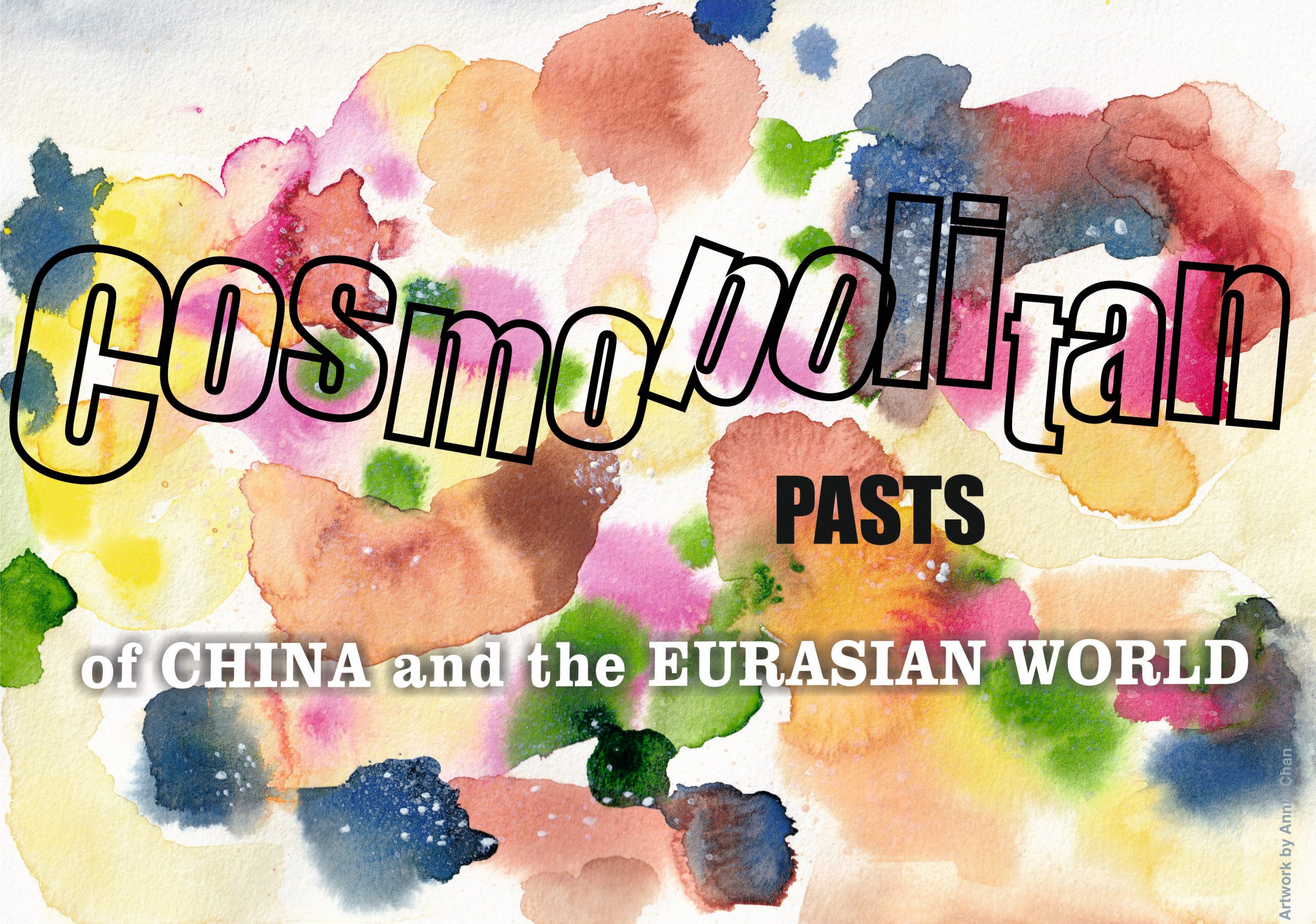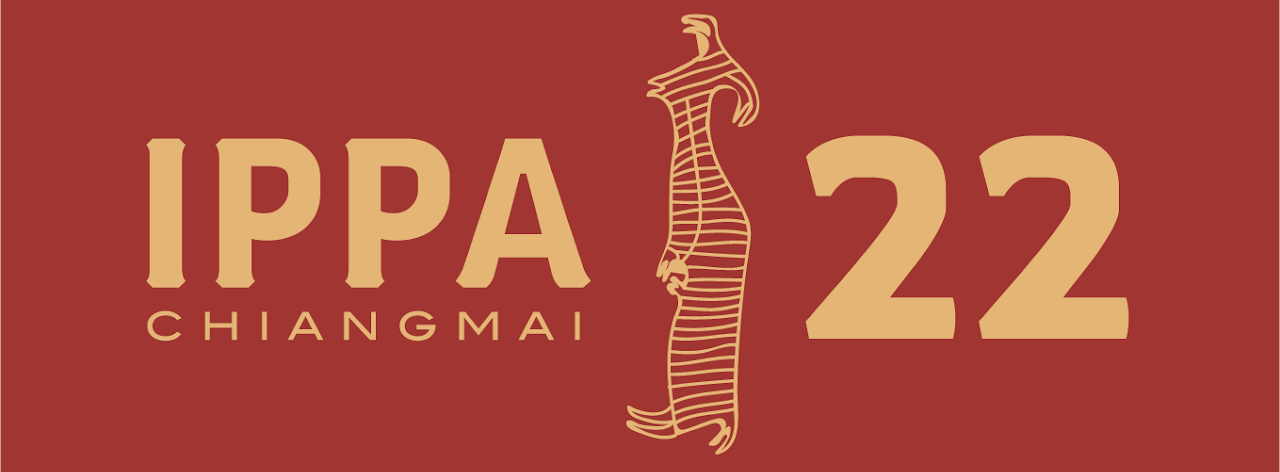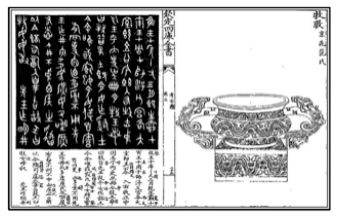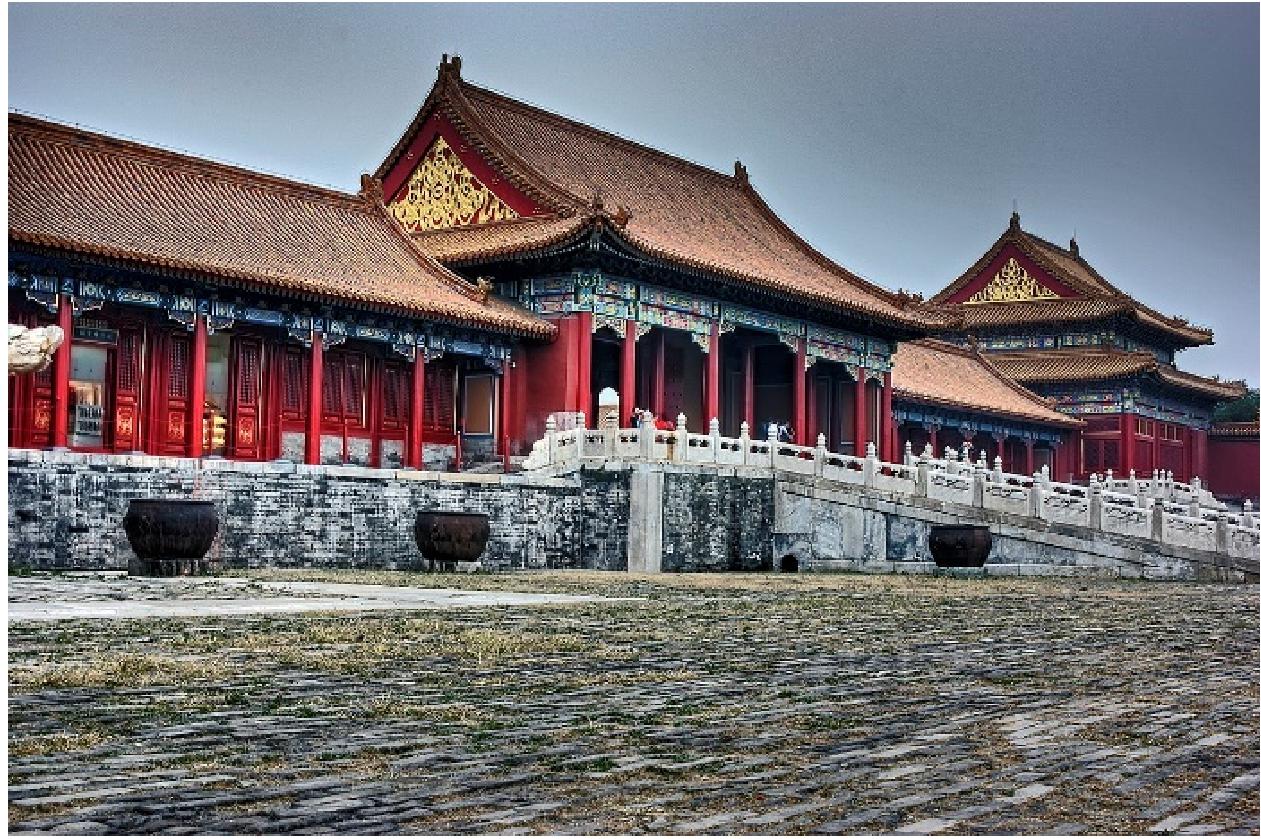Archaeological excavations in China in modern times have occurred since the late 19th century, often organized by non-Chinese expeditions who took advantage of the tumultous times and unregulated situation in many regions. Also and famously, the beginning of the consecutive finds of the so-called oracle bone inscriptions at Anyang can be traced back to the years after 1899. So in many senses, Chinese archaeology is older than a century. However, the 1920s mark another kind of beginning for the discipline, as this was the decade that saw many of the most epochal finds in China, framed by the discovery of the Neolithic Yangshao ceramic complex in 1921 and that of the homo erectus pekinensis in 1929 and including the decades-long first fully Chinese-led modern excavation at Anyang from 1928 onward. Therefore, rather than taking the exact year of the “birth of Chinese archaeology” too seriously, we are happy to use this historical background as a convenient reason to celebrate the really astounding results that this discipline has achieved so far and especially in recent times. This should serve as both an introduction to specialists of non-Chinese archaeologies as well as to non-archaeological specialists on China. And it should serve as a forum for specialists on Chinese archaeology to talk about the latest developments in the field and think together about solutions for some of the more vexing and fascinating problems the field is facing right now. The topics, most of which have a certain provocative edge or focus on unsolved questions, have been chosen with the latter consideration in mind. (Enno Giele, Heidelberg University)
For more information and to get register, please visit: https://www.zo.uni-heidelberg.de/sinologie/arch/ls2021.html





